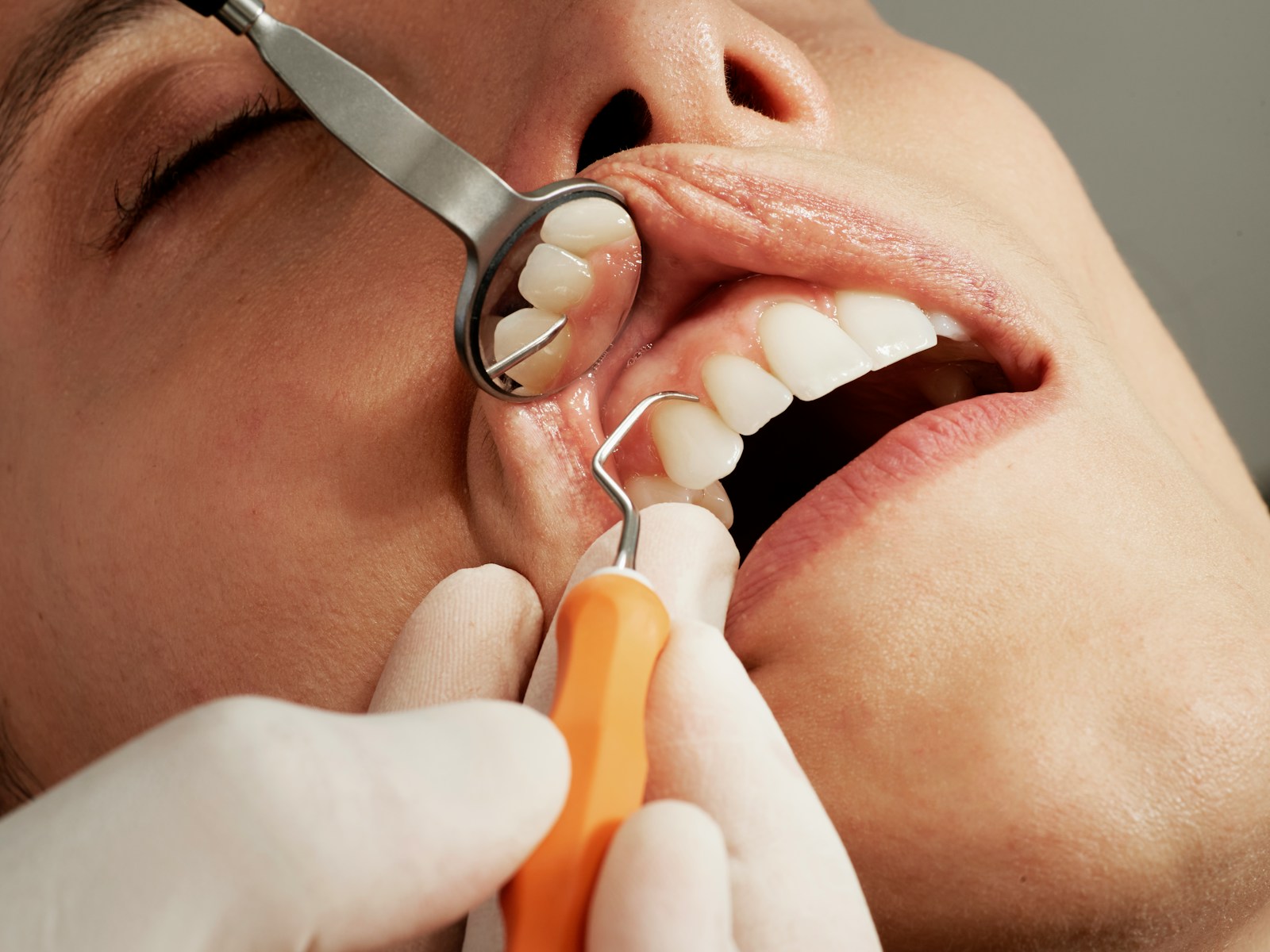Cavities, also known as dental caries or tooth decay, are one of the most common dental problems affecting people of all ages. They occur when bacteria in the mouth produce acids that eat away at the tooth’s enamel. If left untreated, cavities can lead to severe pain, infection, and even tooth loss. Knowing when to see a dentist about cavities is essential for maintaining oral health and preventing more serious complications. Go to see an Albania dentist if you really need to.
One of the first signs that you may need to see a dentist is tooth sensitivity. If you experience discomfort or pain when consuming hot, cold, or sweet foods and drinks, it may indicate the presence of a cavity. This sensitivity occurs because the protective enamel has been worn down, exposing the sensitive dentin underneath. While sensitivity can be caused by other factors, persistent or worsening symptoms should not be ignored.
Another common sign of cavities is visible discoloration or holes in the teeth. Cavities may appear as white, brown, or black spots on the surface of the tooth. In more advanced cases, you might notice a visible pit or hole. If you see any of these changes, it is important to make a dental appointment promptly. A dentist can determine whether the discoloration is due to a cavity and take appropriate steps to treat it.
Pain is another clear indicator that you should visit a dentist. This pain can range from mild to severe and might occur spontaneously or when chewing. If toothache becomes a recurring problem, it likely means that the cavity has reached the inner layers of the tooth, possibly affecting the nerve. At this stage, treatment may involve a filling, root canal, or even extraction if the damage is extensive.
In some cases, people may not notice any symptoms at all. This is why regular dental check-ups are so important. Dentists can identify cavities in their early stages using X-rays or by examining the teeth closely. Early detection often means simpler, less expensive treatment and a better outcome for your oral health.
In conclusion, it is crucial to see a dentist if you experience sensitivity, visible tooth damage, or persistent pain. Even in the absence of symptoms, regular dental visits are essential for detecting cavities early. Prompt treatment not only alleviates discomfort but also prevents more serious dental issues. Taking action at the right time can protect your smile and overall health in the long run.



